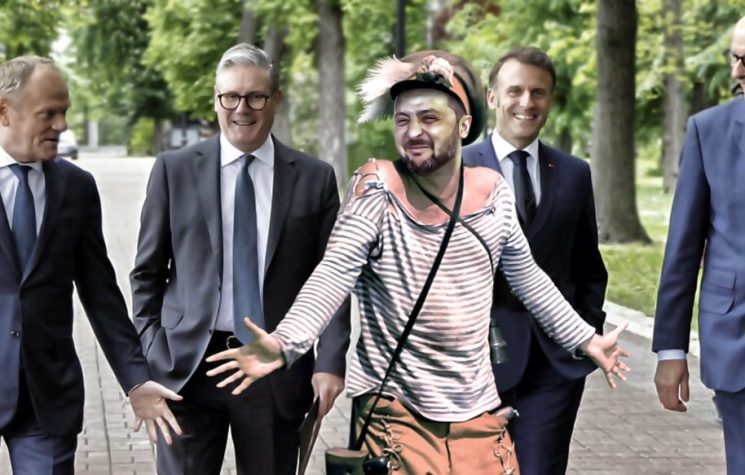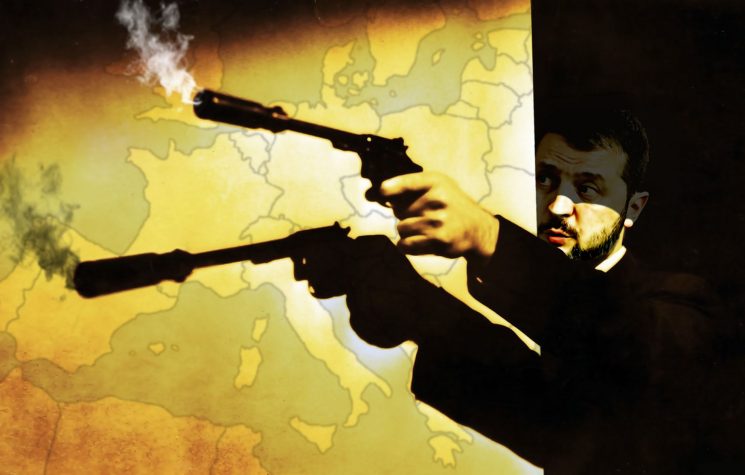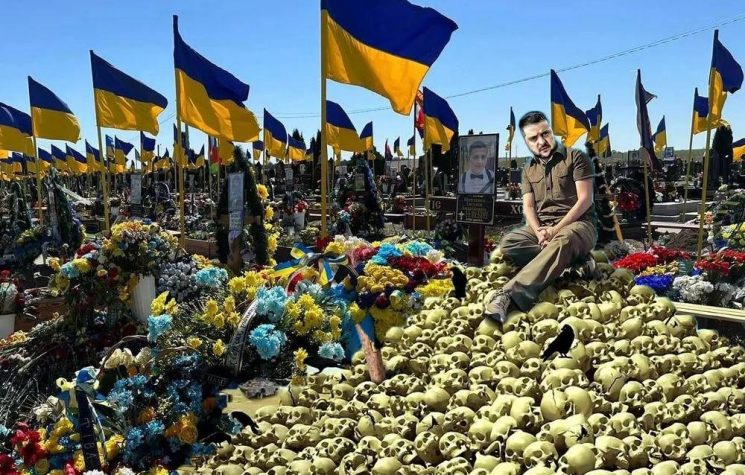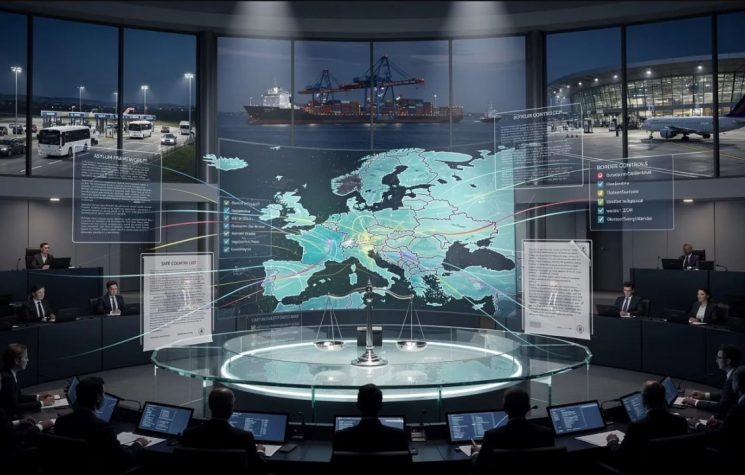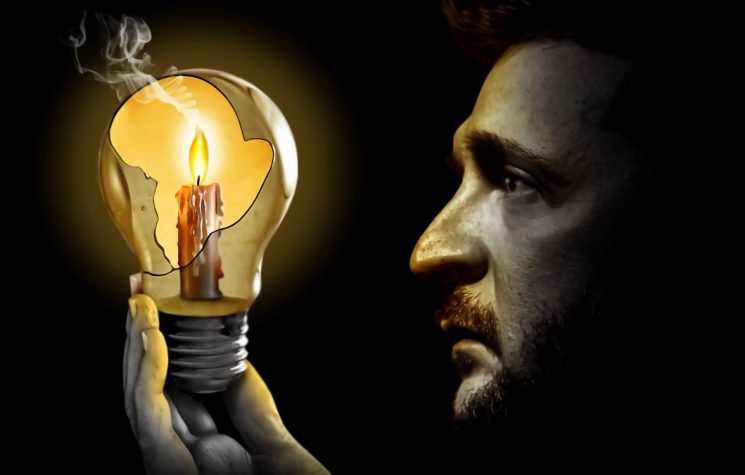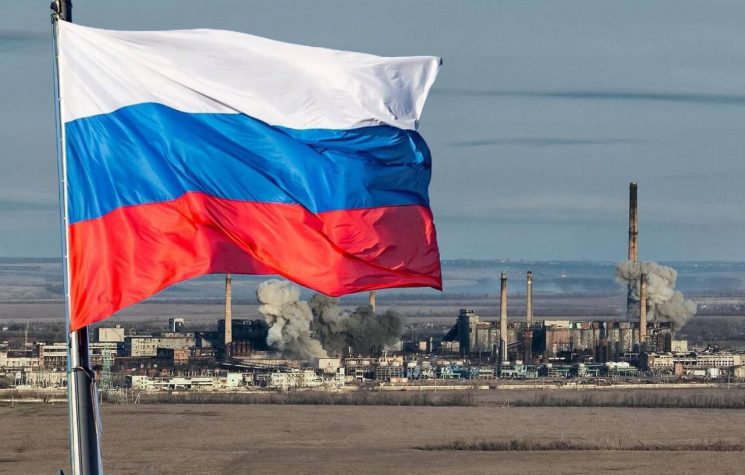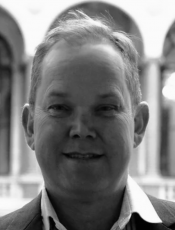Putin sees that the U.S. is trying to intermediate in talks, rather than simply taking sides with Ukraine.
Contact us: info@strategic-culture.su
President Zelensky now attends every major European meeting of Heads. While perhaps understandable, that means the agenda gets hijacked by Ukrainian demands and limits Europe’s ability to play an impartial role in peace talks.
European leaders met again in Paris on 27 March to discuss ideas for a coalition of the willing, specifically, a group of European nations that would be willing to provide security guarantees to Ukraine as part of a future peace process.
That meeting produced no new breakthroughs and the co-hosts, President Macron of France and Prime Minister Starmer of Britain, held separate press conferences at the end. Yet again, it wasn’t possible to reach a consensus on the controversial topic of using frozen Russian assets for reconstruction in Ukraine, given the significant legal and financial risks around this.
No new determination was reached on the controversial notion of deploying western ‘reassurance’ troops to Ukraine in the future. Some European countries including Greece and Italy have made it clear that they see this as an unworkable and dangerous step. Unworkable, because the deployment of, essentially, NATO troops to Ukraine, will almost certainly face resistance from Russia. Dangerous because, even the most optimistic western commentators are talking about a deployed European force of 30,000 troops, which is tiny when set against the 600,000 Russian troops thought to be in Ukraine right now.
But there is a deeper problem as well. Proposals to deploy troops to Ukraine, however unworkable and dangerous, are addressing the wrong question. The United States and, indirectly, the NATO Secretary General, have admitted that Ukraine’s desire to join the military alliance is now off of the table. The Paris summit would have better focussed on the detail of what security guarantees for Ukraine might look like as part of any peace deal. This might be along the lines of an Article 5 type of commitment by willing European states, as recommended by the Italian Prime Minister, Giorgia Meloni.
Leaders like Macron and Starmer also can’t claim the threat of a military force is merely a tactic to put pressure on Russia to strike for peace, given the proposed force’s limited size and the reality that it would take months, at the current rate of progress, for troops to arrive in Ukraine, if they ever did.
Yet again, this talks to Europe’s inability to fight wars by committee. Big meetings in Paris give European leaders their moment to say the right things, express solidarity and offer every type of support short of assistance. But, and fundamentally, events like the Paris Summit offer no new ideas and inject no new energy or momentum into efforts to bring peace to Ukraine.
In fact, in terms of the substance, these events have become a distraction from and a delaying tactic to, real peace.
A contributing factor, it seems to me, is the inability of Europe’s leaders to hold a meeting without inviting President Zelensky of Ukraine. He appears, in his cargo pants and black sweatshirt, to be treated like royalty. And, of course, it may be understandable that people feel a sense of solidarity with Ukraine at a time of war and feel a personal affinity to Zelensky.
But the question remains, what role does Zelensky play at these talks?
Clearly, he arrives with his own ‘asks’ and a package of narratives to deploy during his many press engagements in Europe. These include the need to impose more sanctions on Russia, that Europe should force Putin to make peace, that only strengthening Ukraine with more weapons will help. You’ve probably heard these lines countless times before because they are aggressively deployed by every Ukrainian official and media outlet.
As Ukraine is fighting Russia on the battlefield, I understand their need to pursue an aggressive public communications posture as part of their wider war effort, including to prop up morale at home. In Zelensky’s shoes, I might pursue a similar tactic. And yet, the lines he advances, on sanctions and applying pressure on Russia all appear, most likely, to extend the war, not end it.
And because Zelensky attends every major European meeting now on the war effort, his narratives dominate the agenda of the day, whether or not the host agrees.
So, during his press conference in Paris, and following Zelensky’s script, Starmer said that the west should impose more sanctions on Russia as part of efforts to force President Putin to make peace. This despite the fact that eleven years after the first sanctions were introduced, Russia’s economy still outperforms those in Europe. (Indeed, this week the UK Office of Budget Responsibility halved its estimate of UK economic growth in 2025 from 2% to 1%.) Or that, with Russia still retaining the upper hand on the battlefield in Ukraine, imposing further sanctions now will merely, and self-evidently, discourage President Putin from agreeing any peace deal.
An extremely small potential package of sanctions relief on the Russian Agricultural Bank hangs in the balance, despite the US agreeing with the Ukrainian and Russian delegations in Saudi this week to unlock the Black Sea deal. President Macron has said that there can be no sanctions relief until there is complete peace. The European Commission Press Spokesperson has said that sanctions can’t be removed until the compete withdrawal of Russia troops in Ukraine, a position that clearly hasn’t been discussed or agreed with other EU Member States.
These British, French and wider European pronouncements might be well-meaning, but they are usually unhelpful. On top of the already challenging bureaucratic straitjacket on Europe making a constructive input into peace talks, the presence of Zelensky at all of their meetings inevitably drags them towards agreeing and promoting his agenda.
And, of course, it also means that Russia does not see Europe as an independent actor in any peace talks, as it has become an extension of Ukraine and unable to adopt an impartial position. Not least as European leaders seldom, if ever, engage directly with President Putin.
That’s why Putin has been open to engaging in peace talks with Trump, because he sees that the US is trying to intermediate in talks, rather than simply taking sides with Ukraine. Zelensky has now ‘insisted’ that Britian and France should be represented at any future peace talks for Ukraine. In truth, if Starmer and Macron want to play a more prominent role in the process, they should invite Zelensky to fewer meetings.

















